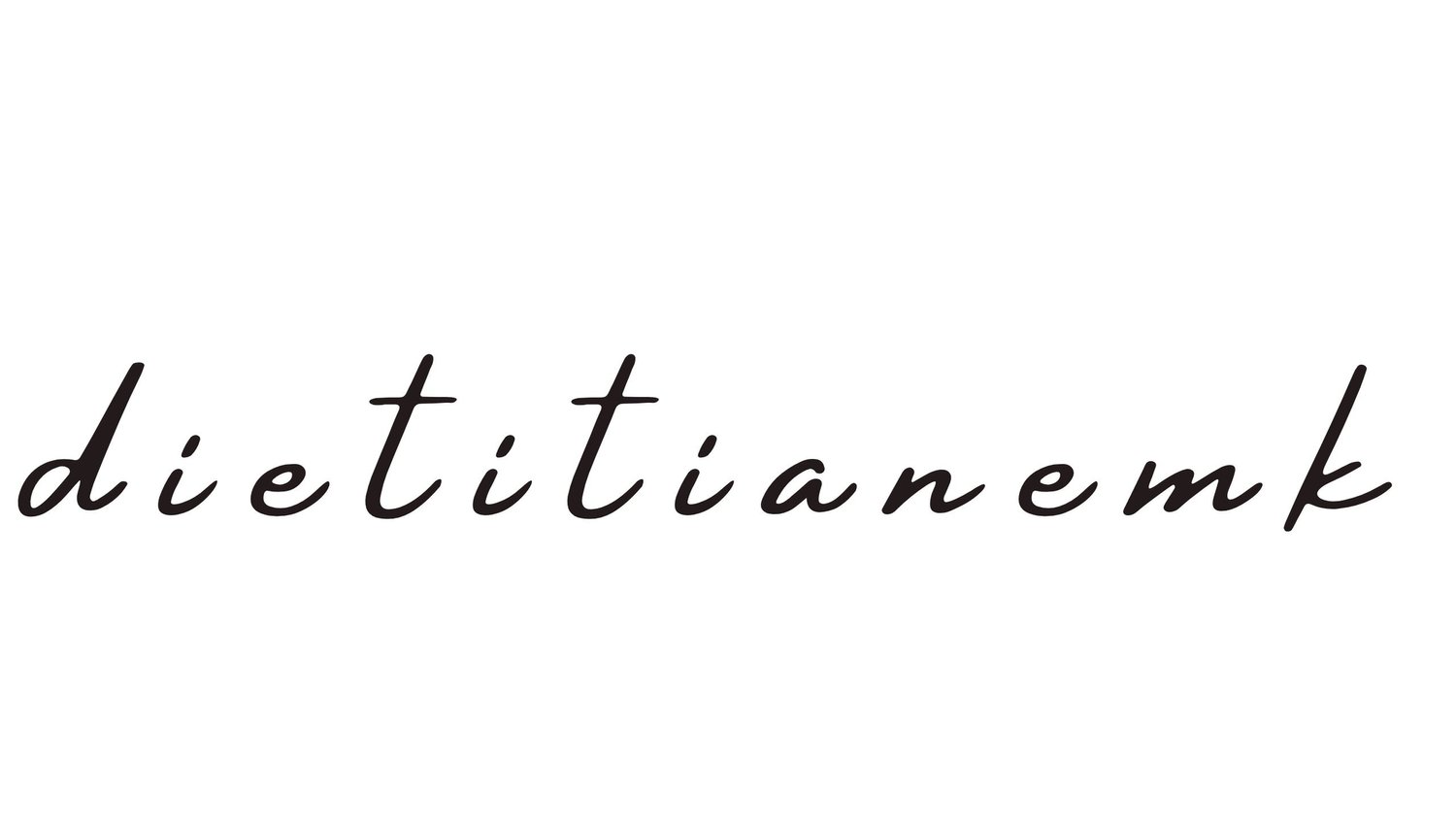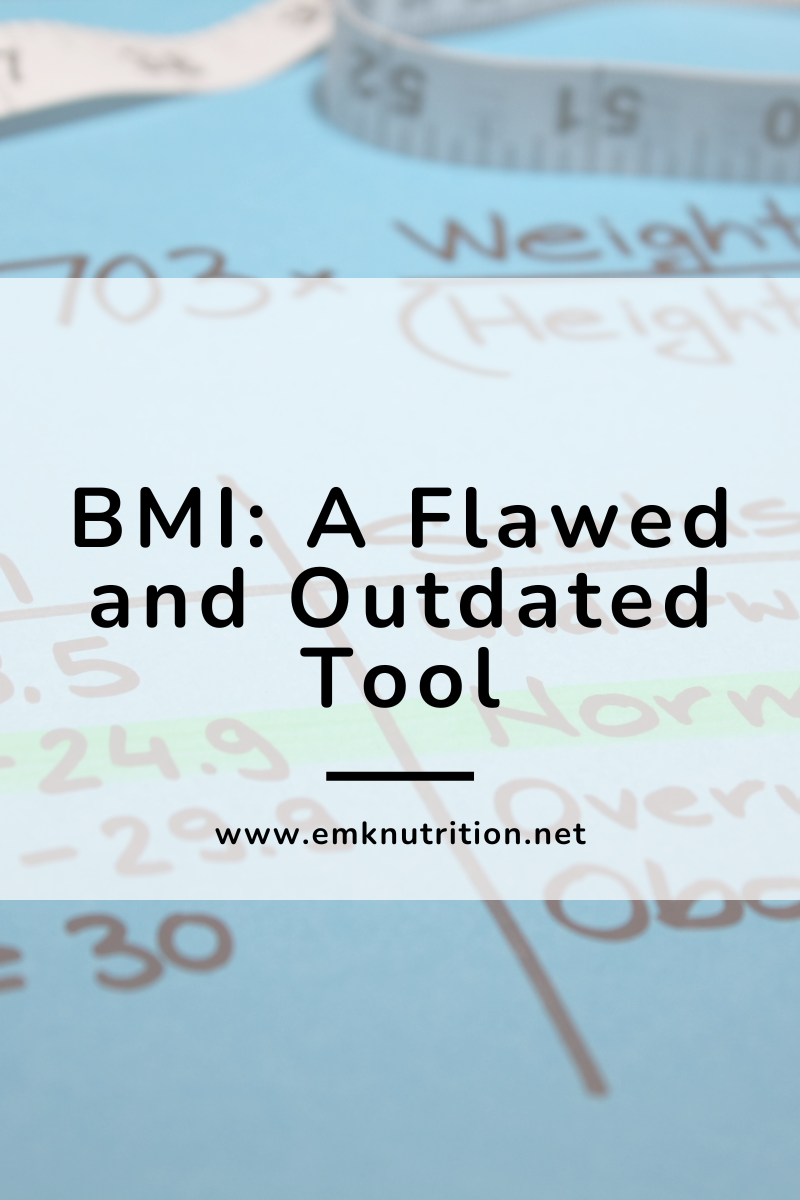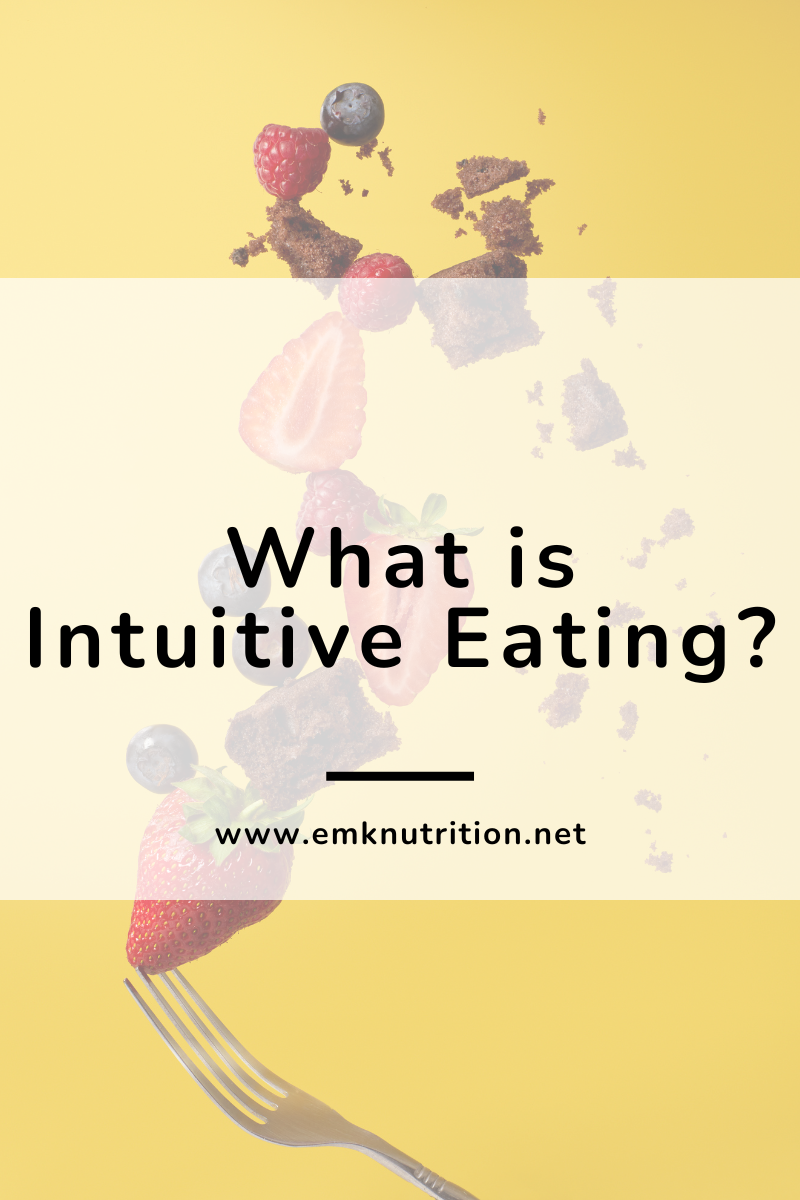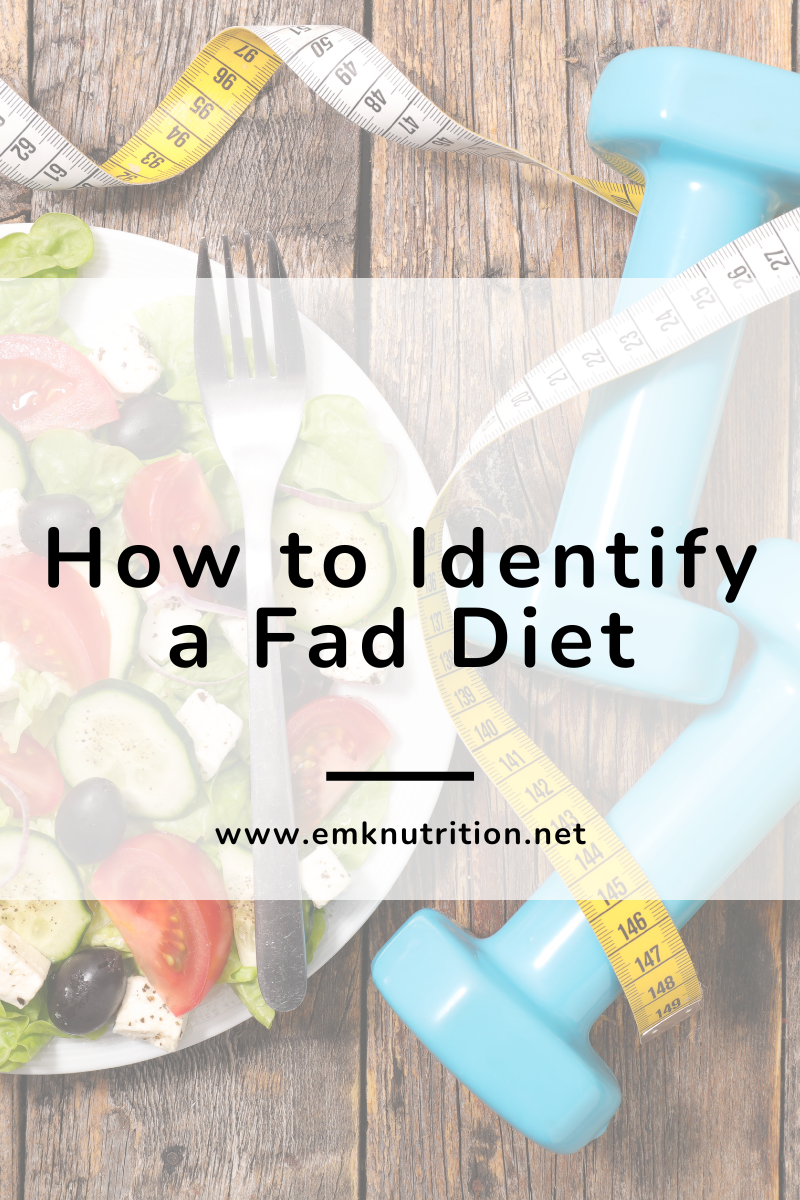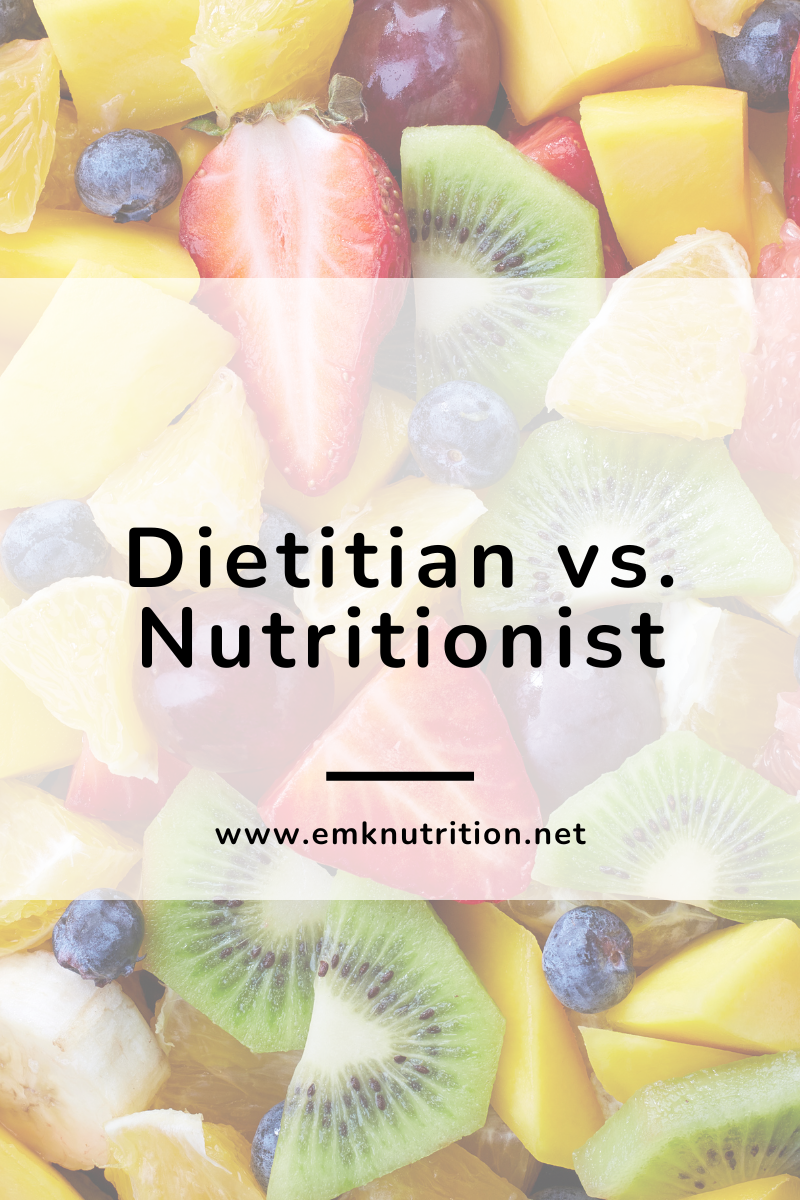What is Intuitive Eating?
Written by Emily Krause, MS, RDN
Let’s discuss the anti-diet movement that started in the 90’s and has picked up traction over the past decade.
Do the phrases “anti-diet” or “non-diet” sound familiar? Or “intuitive eating”? All these terms have been increasing in popularity over the past decade. Let’s chat about them.
Where did Intuitive Eating Begin?
In the 1990s, two registered dietitians, Evelyn Tribole, MS, RDN, CEDRD-S and Elyse Resche, MS, RDN, CEDRD, FIADEP, FADA, FAND developed a tool for a self-care-based mindset to help individuals foster a healthy relationship with food, their bodies, and their minds. With the decades of different diets promoting weight loss, fat burning effects, anti-aging, etc. a common side effect seen by dietitians is worsening relationships with food. Intuitive eating was developed to provide an alternative form of thinking. A new start to deter from the typical weight-centric healthcare path.
What does being an Intuitive Eater mean?
This can mean a lot of things depending on the person. The original idea, Intuitive Eating, consists of 10 principles. These principles prioritize emotional and mental health as much as they do physical health. It takes a step back from the weight loss agenda and focuses more on body acceptance and neutrality. This can seem very scary, especially when that’s all you’ve known for years. The diet culture world has conditioned us to associate our weight with our worth, and to do everything in our power to manipulate our weight. It’s not uncommon for your body to change if you were to incorporate some of the concepts of intuitive eating. And that’s okay.
There isn’t one path to incorporating intuitive eating. It can start with stopping dieting or slowing down your eating pattern or allowing yourself to have “fun” foods in the house. The primary focus is making sure your physical health isn’t the only aspect of health we care about.
Could Intuitive Eating be for You?
It could be and it couldn’t be. There are a couple factors to keep in mind.
The Intuitive Eating book was written by two thin, white women. So, it’s important to mention that doesn’t personally resonate with you, that’s okay. This book is not something magical that will fix EVERYONE’S problems. That’s why it’s important we increase the number of POC and larger body practitioners in this non-diet space. It’s also important we give them the time and space to be heard.
That being said, there are some questions you can run through your head to know if exiting the diet-space could benefit you.
Do you experience hunger and fullness cues?
Do you punish yourself with exercise?
Do you tell yourself you’ll have to “work off” the calories?
Do you respect your body?
Does your mood change after weighing yourself?
Do you turn to food in times of stress?
If you answered yes to any of these questions, this could be a good opportunity to challenge yourself and reflect on your relationship and perception of food and your body.
Disclaimer: If you are someone diagnosed with an eating disorder, intuitive eating may not be for you. If you don’t trust yourself or your body, we highly recommend working with a trained professional like a registered dietitian and weight-inclusive therapist.
Intuitive Eating Resources
Read Non-Diet Books from Different Demographics of Authors
The main book I’m referencing is Evelyn and Elyse’s original book, Intuitive Eating, 4th Edition. This could be a good place to start for you. It’s important to keep in mind potential holes missing in the book, but they provide some good starting points. And remember, this isn’t a step-by-step guide you HAVE to follow.
Here are some of my other favorite books to read:
Anti-Diet: Reclaim Your Time, Money, Well-Being, and Happiness Through Intuitive Eating by Christ Harrison, MPH, RD
White Women: Everything You Already Know About Your Own Racism and How to Do Better by Regina Jackson and Saira Rao
It’s Always Been Ours: Rewriting the Story fo Black Women’s Bodies by Jessica Wilson, MS, RD
“You Just Need to Lose Weight”: and 19 Other Myths About Fat People by Aubrey Gordon
Fat Talk: Parenting in the Age of Diet Culture by Virginia Sole-Smith
More of You: The Fat Girl’s Field Guide to the Modern World by Amanda Martinez Beck
Listen to The Up-Beet Dietitians Podcast
I co-host The Up-Beet Dietitians podcast with Hannah Thompson and we break down the latest fad diets and bring on fantastic guests who share how they’re working to fight diet culture. New episodes are released every Wednesday. You can listen anywhere you’d find podcasts or on YouTube.
Follow Non-Diet Dietitians on Social Media
It’s no secret social media has grown exponentially over the past decade and will continue to do so. If you find yourself comparing yourself to others online or feeling shamed by what they’re eating, give that individual and unfollow. The best detox is a social media detox (lol). Here are a couple amazing dietitians that share similar views as myself.
Instagram:
Work with a Non-Diet Dietitian
There are a wide plethora of dietitians available with different types of resources available. I highly recommend finding one that resonates with you and provides resources that you think you’d be able to learn best from. I have some resources available on my website. Be sure to join the newsletter for updates on future resources to come!
There’s a lot of resources out there! I’d recommend starting with a couple and seeing what you like. If you don’t like the first couple you come across that’s okay. You know what works best for you and who you mesh well with.
Bottom Line
Intuitive eating is a great start to challenging diet culture, but there are still many holes to the puzzle that it misses. Food accessibility, access to healthcare, food insecurity, and general privilege aren’t addressed that well. This can be a good starting point, but there is still much to come in the non-diet space.
Links included in this blog might be affiliate links. If you purchase a product or service with the links that I provide I may receive a small commission with no additional charge to you. Thank you for your support!
